
British Muslims have shared their fears over rising Islamophobic attacks on mosques in the UK, warning that the safe refuges of places of worship can be ”shattered by a single act of hatred”.
Almost half of mosques or Islamic institutions in the UK have been targeted by religiously-motivated attacks in the last three years.
A report by MEND and Muslim Census revealed the rising rates of Islamophobic hate crimes against places of worship, with 35 per cent of mosques attacked at least once a year.
Community leaders are calling for the government and police to provide better support and funding to help in safeguarding Muslim minority groups from increasing attacks.
According to the Home Office, anti-Muslims attacks made up almost half of religiously-motivated hate crimes between 2020 and 2021, and this has stayed largely consistent in recent years.
One of the impacted communities was in Finsbury Park, north London where one man, Mr Makram Ali, was killed and nine others were injured in a terrorist attack in 2017.
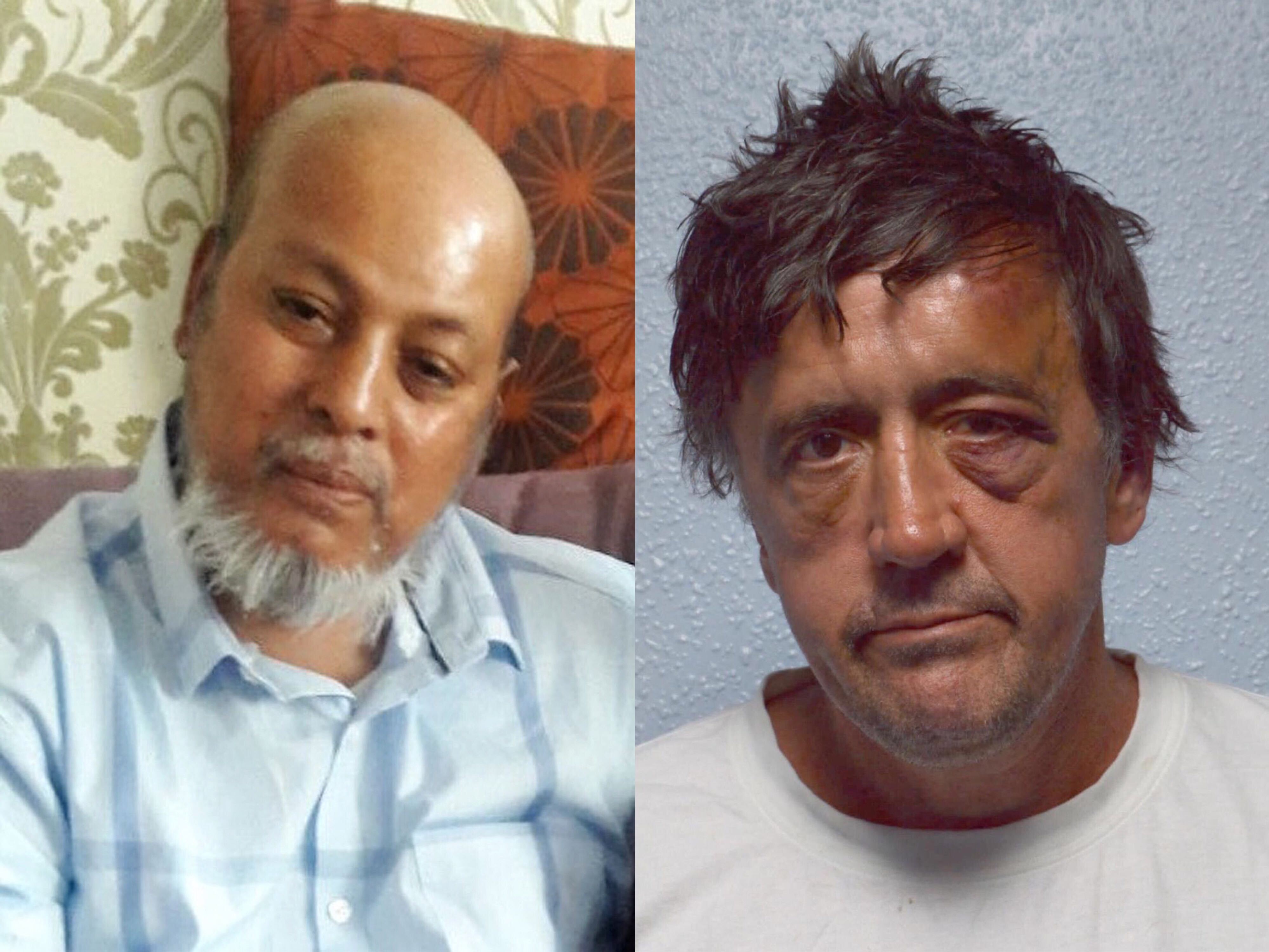
The chairman of Finsbury Park Mosque, Mr Mohammed Kozbar, said the government, police and local organisations must do more to protect Muslims at risk after his community was one of many targeted in recent years.
On the report, Mr Kozbar, said: “This is very worrying for the Muslim community and its mosques as it shows things are going from bad to worse. We are seeing more Islamophobic attacks happen to mosques, institutions and individuals so it should be taken really seriously by not only the Muslim community, but the government and police.”
“We need to do our bit as the Muslim community to be more vigilant, take extra security precautions at mosques but the government also has a role to play in that,” Mr Kozbar continued. “They can make sure there is a proper definition of Islamophobia as we still don’t have an official one.”
Calls for a working definition of Islamophobia began in 2019 - following the Christchurch mosque shooting in New Zealand which killed 51 Muslims and caused a 600 per cent surge in Islamophobic incidents in the UK - and have continued since.
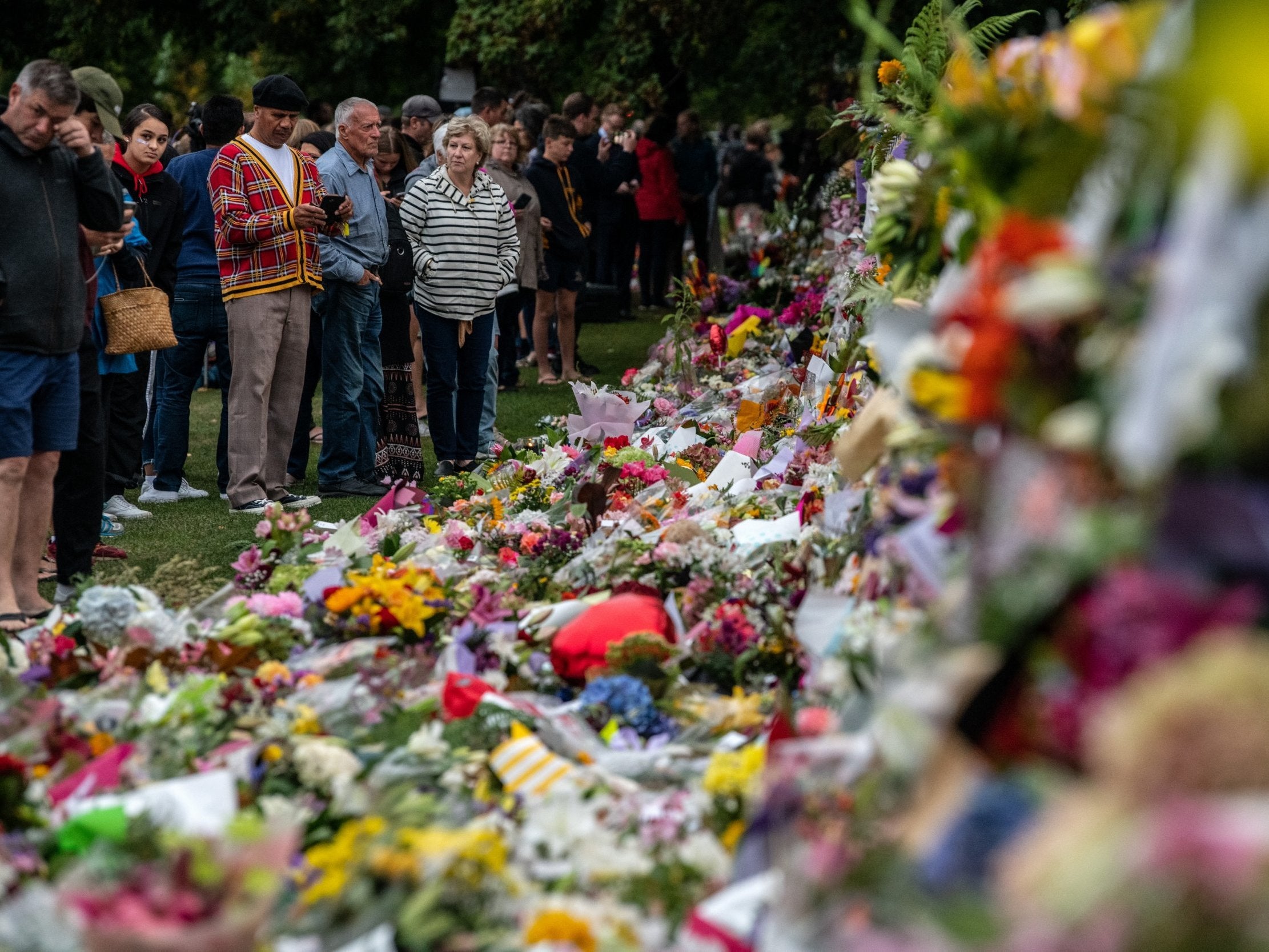
The Conservative government failed to create a definition three years after pledging to do so, despite other political parties such as Labour and the Liberal Democrats adopting a definition proposed by members of the All-Party Parliamentary Group (APPG) on British Muslims in 2018.
Mr Kozbar also wants the police to take Islamophobic incidents more seriously.
He said: “Many times, we don’t hear feedback or know what’s happening with those cases. So, at least some of the incidents should result in perpetrators being put to justice as it will cause anyone thinking of attacking Muslims and mosques to think twice.”
Reflecting on the terrorist attack that impacted his community five years ago, Mr Kozbar said: “This was a difficult, painful moment and we’re reminded of what happened and hope to do whatever we can to tackle Islamophobia.
“But, unfortunately, the community here is still subject to Islamophobic attacks from time to time, especially when an incident occurs at home or abroad involving Muslims,” he said.
Mr Kozbar believes things have gotten worse for his community and others.
He said: “It’s happening everywhere. While the government allocated some funds for mosques to use, I don’t think its enough. It is a step forward, but something they need to look at as it is not enough to protect mosques and other institutions.”
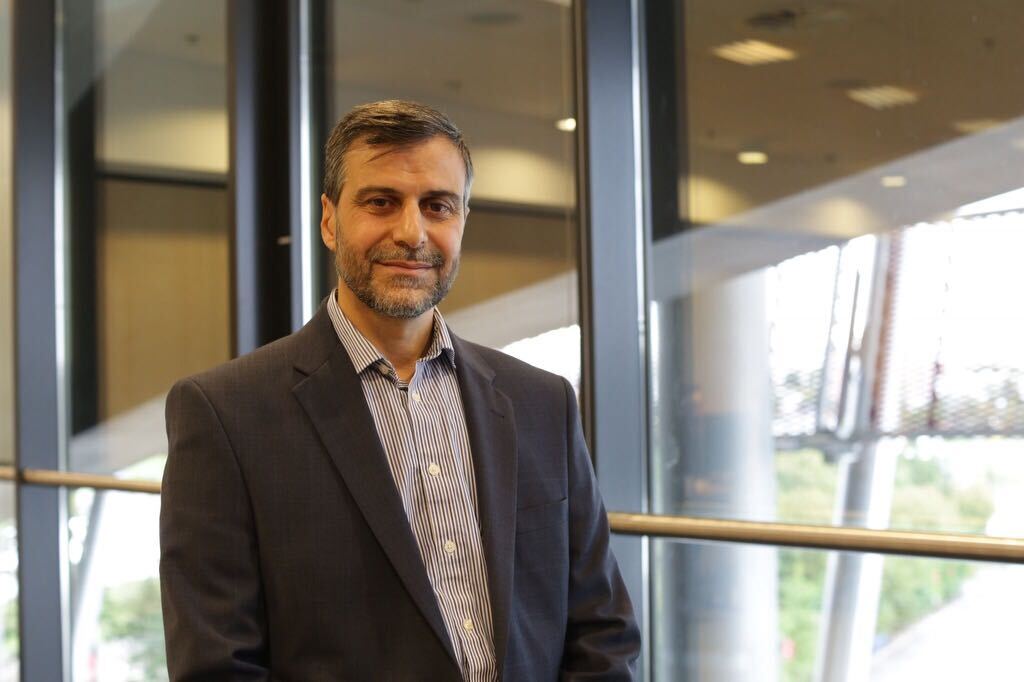
The Darul Ilm mosque in East Ham, east London also faced attacks in April this year after a group of men allegedly armed with bottles and hockey sticks attacked worshippers.
Mr Noushad Abosaly Mohamed, one of the trustees of the mosque, described the initial impact and aftermath of the incident. He said: “This has not only physically but emotionally set us back.
“All the hard work, time and dedication put in to establish a mosque for the Sri Lankan’s of east London, a place for our small community to feel safe, seek refuge in and find solace has all been shattered and taken away from us by one night’s act of hatred and abuse,” he said.
On what needs to be done to protect Muslim communities in their places of worship, Mr Mohamed said: “We need more media coverage, support and allies. More funding needs to be allocated towards the protection of mosques and its users, CCTV, fencing, security guards.”
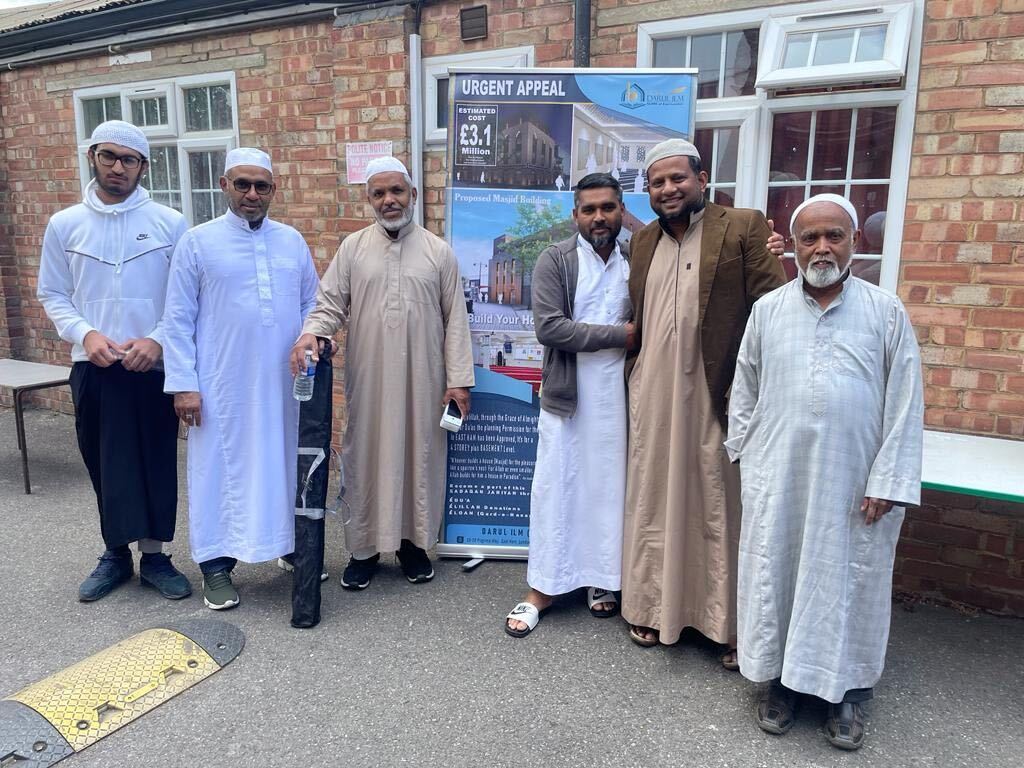
He added: “Muslim communities need a safe space to voice their concerns, an organisation that will take action against the Islamophobia and brutal attacks against its vulnerable people. A secure body that we can rely on to do their job.”
Nadine Asbali was inside the Ilford Islamic Centre, east London when worshippers were pelted with eggs last May.
On the experience, she said: “After hearing of other mosques being attacked, it’s terrifying to have it happen to you just a few steps away from where we were praying.
“Even though I was relieved that it wasn’t more serious and nobody was injured, it made me and my friends and family feel vulnerable,” Ms Asbali continued. “This cemented that wherever we are in this country, there will always be those who seek to attack and endanger us. Since then I’ve always been on edge when praying in a mosque, half-expecting something like this to happen again.”

A representative from MEND, one of the report’s co-founders, said: “The study’s results reflect the reality of what the Muslim community has been experiencing for years and the government has a responsibility to do something about this.
“To its credit, it has promised £24.5million to tackle this problem. However, the process to be awarded such funding is long and complex. Our survey found that only one-third of the mosques who applied for funding under a previous scheme actually received it, so we are concerned that although the headline figure is impressive, few mosques will receive the funding.”
Zaynah Asad, project manager at Muslim Census, said: “Mosques are a pivotal part for Muslims in the UK – primarily a place for worship, but they also they provide a space for the community in holding events and being centres for education and information.
“It’s the government’s responsibility to ensure mosques are protected, and whilst we welcome the government’s efforts to provide funding for the security of mosques, our findings show these efforts aren’t sufficient.”
Mr Kozbar added that while Islamophobic attacks against communities like his have been painful, they have also brought people together. He said: “Despite it all, if one thing has happened from the attacks in Finsbury and elsewhere, it has united communities together against those who try to divide us and spread hatred.
“We saw how after the attack happened here, hundreds of people from the wider community came to show solidarity and support us. It brought us together and sent a message to the extremists who try to divide is - they won’t succeed and will fail.”
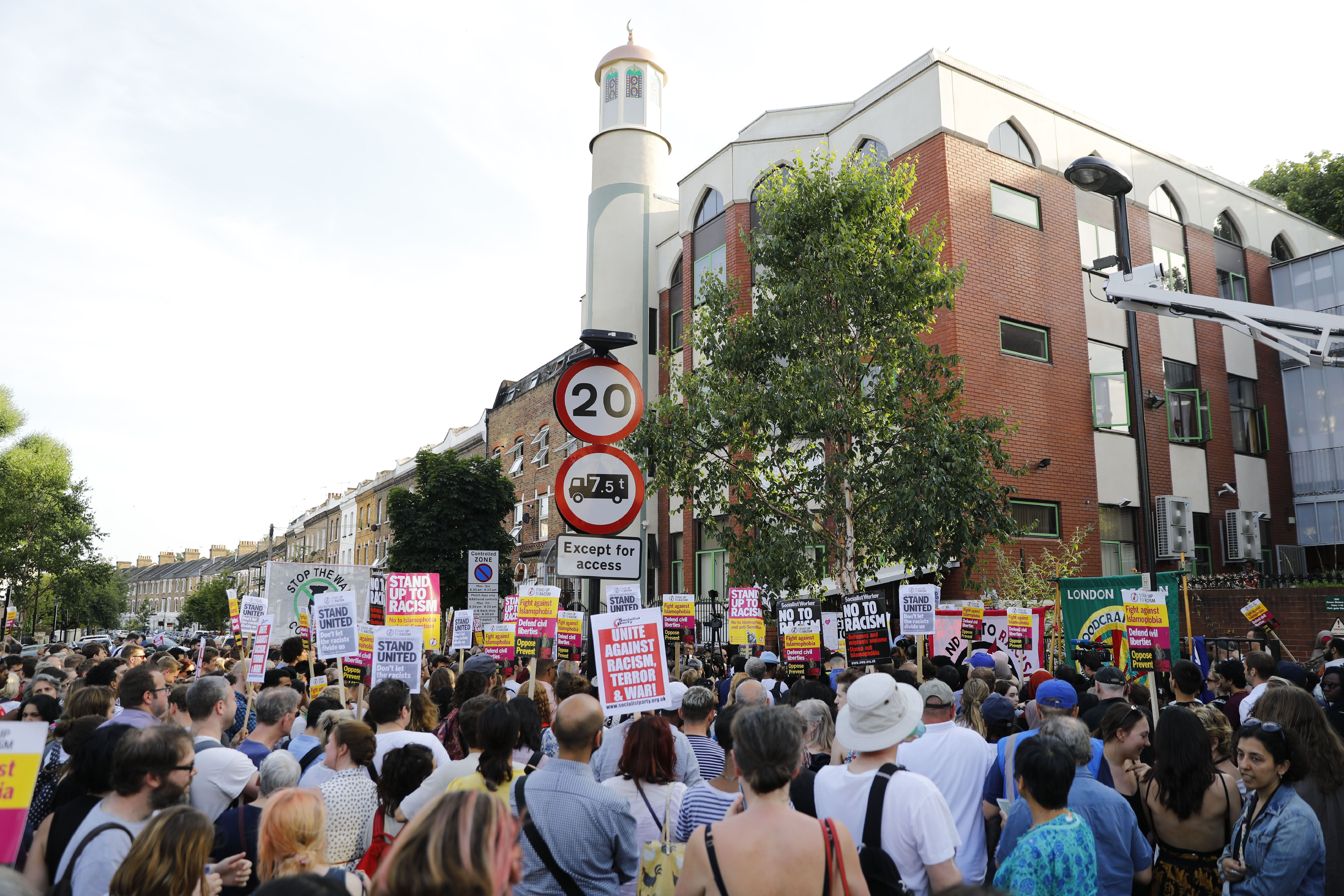
Following the publication of the report last week a government spokesperson said: “We take a zero tolerance approach to all forms of hate crime and we are committed to rooting it out wherever it exists.
“In addition to funding for projects and organisations which promote diversity and tolerance, we’re taking steps to safeguard places of worship with a grant of over £24.5 million available this year.”







